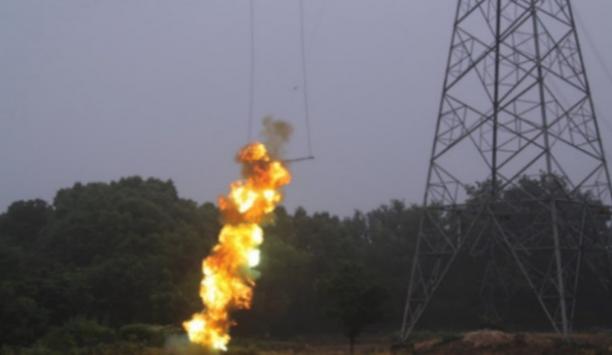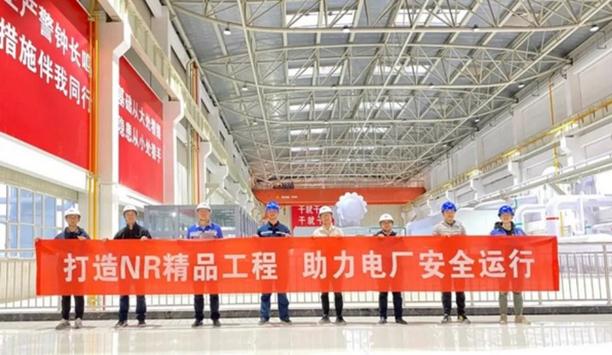Water authorities in Johannesburg have warned that the city's water and sanitation grid is on the verge of collapse, raising questions about the security of its water supply.
While Mayor Kabelo Gwamanda recently unveiled a comprehensive water security strategy, Dr. Andrew Dickson, Engineering Executive at CBI-electric: low voltage, believes that a crucial aspect is missing - saving electricity.
Electricity disruptions
"Electricity disruptions are hampering the city's water supply," Dr. Andrew Dickson explains. "They prevent water being pumped from reservoirs, and damage already decaying infrastructure which will reportedly cost R64 billion to replace and refurbish - funds that authorities do not have."
He adds, "In some cases, this leads to power surges upon restoration, further jeopardizing the system's stability. It also impacts water treatment, storage, and management, as reported by the Department of Water and Sanitation’s (DWS) Green, Blue, and No Drop Reports."
Reduce electricity consumption
These reports told that 46% of the country’s drinking water systems did not meet microbiological standards
These reports revealed that 46% of the country’s drinking water systems did not meet microbiological standards and that 67.6% of wastewater treatments failed to adequately process sewage and other wastes.
"To mitigate this, we must reduce electricity consumption to reduce load shedding," emphasizes Dr. Dickson. He outlines steps that the public and private sectors could consider to achieve this:
- Conduct regular energy audits to identify areas for saving electricity.
- Invest in energy-efficient technologies like LED lighting, heat pumps, and variable speed drives for appliances. Heat pumps, for example, are three times more energy-efficient than conventional geysers, and Variable Speed Drives slow down motor speeds on a wide range of equipment from fans and lifts to ventilation systems and freezer rooms.
- Embrace renewable energy which not only reduces strain on the grid but also uses a fraction of the water used by coal plants to produce electricity.
- Participate in load management initiatives by Eskom, which encourage industries to reduce peak hour electricity usage by clipping or shifting peak loads. Industries are required to manage this without contravening health and safety requirements to achieve demand reduction.
"Water outages have severe economic, environmental, and health consequences. We can't live without water, but we can all save electricity. Let's act now before the situation worsens," concludes Dr. Dickson.







